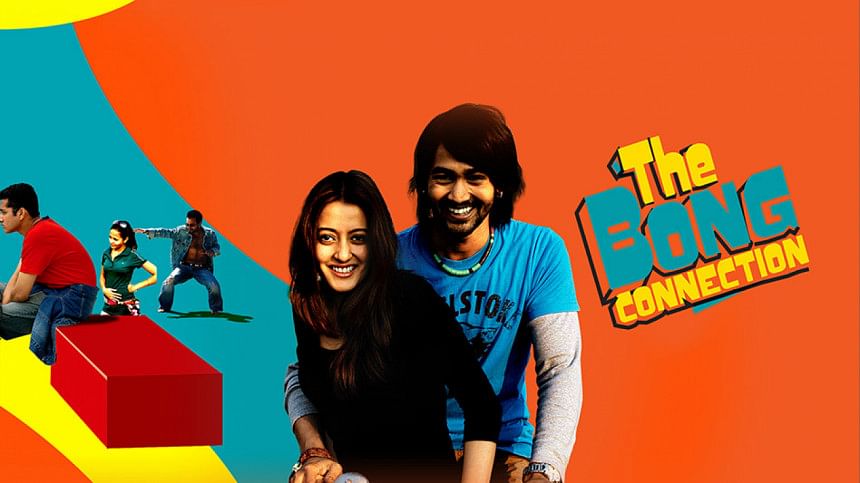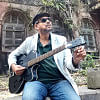‘The Bong Connection’: Tracing identity in a globalised world

When "The Bong Connection", directed by Anjan Dutt, was released in 2006, legendary director Rituparno Ghosh called actor Parambrata Chatterjee and told him that he could never make a film like that. What was so special about the movie that Rituparno himself was envious of the creation? Even after 18 years of the movie, this movie remains as pertinent as ever. It makes us wonder about our identity, our roots and culture, and what it means to be a 'Bong' in today's world.

The movie revolves around two lead characters, Apu and Andy. While Apu leaves for the United States to seek better opportunities in terms of career, Andy returns from the same country to Bengal to study the Baul genre and create music. The movie, at its core, explores what identity truly means. Is it about the language Bangla, which itself has so many dialects? Is it about the food of the people of Bengal? Is it about the weekend gatherings with Bengalis? So, would it mean that one is retaining one's culture by interacting with the Bengali diaspora abroad? Or does one need to be in constant touch with the geography and architecture of the land to have the true essence of the people in Bengal? But the land itself is changing a lot, too. A lot of its properties and businesses are increasingly being taken over by people of other ethnicities. So what does the connection to do the land truly mean?
Perhaps, it all boils down to giving back to the community and the willingness to contribute to something meaningful. In today's age of identity politics, these questions remain more important than ever.
The ensemble cast executes such stunning performances that it brings the whole story together and makes the journey of these two characters completely reliable and relatable. Parambrata Chatterjee, portraying Apu, and Shayan Munshi, portraying Andy, really bring forth the dilemmas and conflicts their characters face while navigating new places with visions. Peeya Rai Chowdhary, playing the character of a second-generation immigrant with Bengali roots, highlights the evolution of culture across generations.
The lives of the Bengali diasporas are beautifully portrayed in the movie. The internal clash many face about returning back to one's motherland and the urge to build one's career in a first-world country is delicately shown. The fight between identity and prospects goes on, and one keeps on finding connection amid the chaos. The movie shows how second-generation immigrants significantly differ from the firsts and how the dilemmas of the first are often unexplainable to others.
The movie is unique in its portrayal of illegal migrants. Hasan, played by Shauvik Kundagrami, is an illegal migrant who ends up becoming Apu's friend. He talks about his experience across the globe. His yearnings to return to his land are evident in his philosophy. The lives of female migrants are also portrayed in the film, depicting the adversities they have to overcome to make a living in a foreign land. The movie makes one wonder about the underbelly of the rich world, where individuals from across the globe flout to gain some footing. But the cost of that remains unspoken, and grief permeates throughout the runtime.

The movie shows a long-distance relationship between Apu and Sheela (played by Raima Sen). It questions the longevity of love over cultural shocks and geographical distance and what drives loyalty and fraudulence. In an age where such relationships are increasingly common, the movie shows how the strength of most of these relationships boils down to the choices individuals make.
The movie is, indeed, a deep dive into self-criticism of Bengalis and everything that is wrong with Bengal today. The lack of motivation to invest time and efforts and transform is a problem that holds Bengal behind. But, at the end of the day, we are black stallions who are firm on our moral high ground. Bengalis fight for their comrades; they hold on to each other and motivate each other to be their best versions.
Culture, at its core, is about fusion. One doesn't have to leave foreign ideas to be a Bengali and doesn't have to run from one's roots to embrace modernity. The truly evolved individual is all about evolving and being willing to create and help, and this message of the movie would remain crucial for years to come.

 For all latest news, follow The Daily Star's Google News channel.
For all latest news, follow The Daily Star's Google News channel. 










Comments